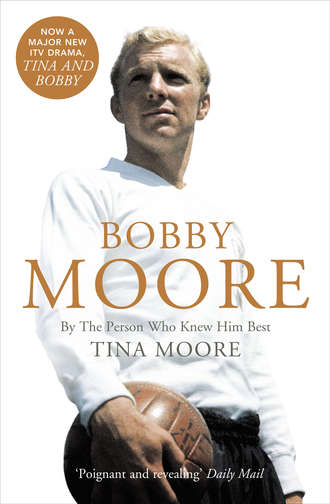Bobby Moore: By the Person Who Knew Him Best

Полная версия
Bobby Moore: By the Person Who Knew Him Best
Жанр: книги по психологиибиографии и мемуарыспорт / фитнесхобби / увлечениясемейная психологияздоровьедом, дачамедицина и здоровьеспортсекс и отношениялюбовь и отношения
Язык: Английский
Год издания: 2019
Добавлена:
Настройки чтения
Размер шрифта
Высота строк
Поля
Конец ознакомительного фрагмента
Купить и скачать всю книгу

